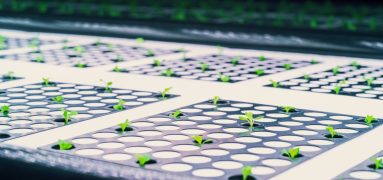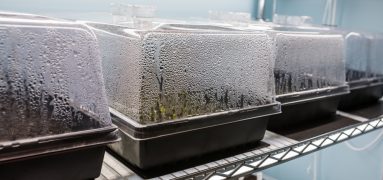Plant Hormones

What They Are and How They're Used
Plant Hormones
While the idea of hormones in our food might sound frightening to some consumers, they are a completely natural element of living organisms. However, they can also be utilized by growers to manipulate plants’ biological functions.
This article will explore the science behind growth hormones, their different types, and how/why growers might use them to their advantage. It will also discuss how growth hormones in plants affect human consumers.
What they are
Hormones are molecules within a plant that send signals to the cells to start or stop performing biological and cellular functions. Hormones can signal plants to grow, metabolize, reproduce, and respond to the environment.
Hormones are naturally produced within a plant to achieve functions that help the plant survive. Growers can manipulate the plants’ hormone usage by adding them when they are not naturally needed. Hormones added by humans are called plant growth regulators.
Types and what they do to plants
Plants produce different types of hormones to achieve different things. Some types of hormones include:
- Auxins: Growth hormone that promotes stem elongation
- Gibberellins: Growth hormone often found in young plants
- Cytokinins: Promote cell division that causes branching
- Abscisic acid (ABA): A growth inhibitor that makes cells go dormant
- Ethelyne: Often a result of plant stress. Can cause some plants to stop growing and others to ripen quicker
- Salicylic Acid (SA): Protects plants against diseases
How hormones can by utilized in your grow
Growth regulators can be sprayed onto plants to control factors such as height, either by promoting elongation or suppressing growth to make the plants shorter. They can also control branching and promote or delay flowering.
Growth hormones are also commonly used in weed killers and rooting powders.
Do they affect people?
Studies show that plant hormones can actually be beneficial to humans. One study argues that consuming plant hormones can help treat diabetes, reduce inflammation, and act as an antidepressant.
However, plant hormones have been shown to have a negative effect on humans’ gut biomes.
Contact TC Control Group for expert insight on indoor agricultural practices and tips on climate control, irrigation methods, and more.



